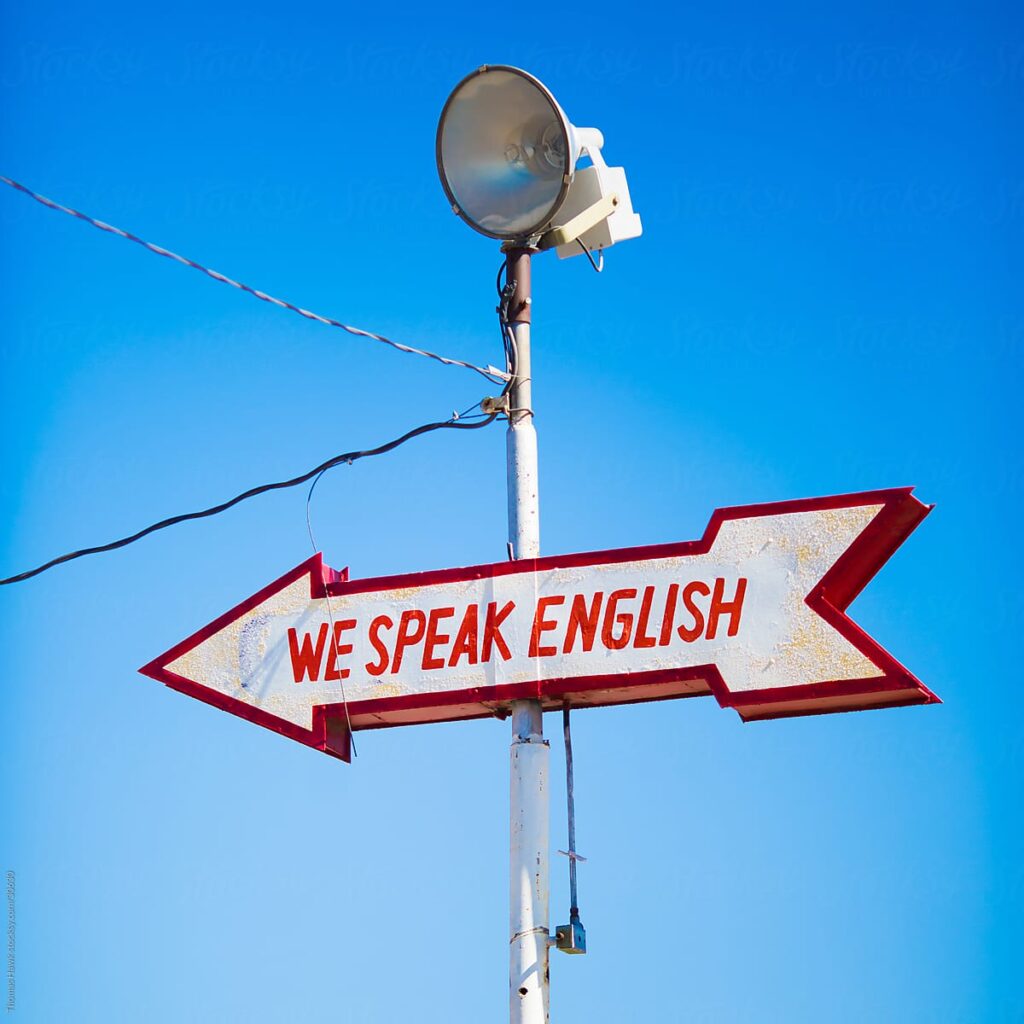
Do you Speak Miamian?
Most of you know that English is my second language. I came to the U.S. as a child and not only learned English, but was fortunate to have parents that paid for a speech pathologist for accent reduction sessions. (Although I think accents in general are pretty sexy). That should explain a lot of my grammatical errors on the blog 🙂
With that said, learning English in Miami can be a challenge because of the cultural diversity. There are a lot of areas in the city that will have signs that read “we also speak english”, and that has always cracked me up. Although it can be frustrating for a solely english speaker, it’s part of what makes Miami so amazing.

There are a few articles that reference our Miami Tongue and key words you should know to be fluent in “MIAMIAN”. Here are some words you should know if you are planning to live or just visit our colorful city
From The Miami New-Times:
- Que cute: The Japanese have “kawaii!” Miamians have “que cute!” — meaning “how cute!” “Ay, pero que cute your wedding invitations were.”
- Super: Miami’s enhancing adverb and adjective of choice. It’s not “really hot in here”; it’s “superhot.” She’s not “astonishingly good-looking”; she’s “supersexy.” He didn’t run “very fast”; he ran “superfast.”
- Supposably: Much like “irregardless” is to “regardless,” this is Miami’s take on “supposedly.” “Well, supposably, she’s going to get her boobs done.”
- Tiki-tiki music: Any sort of fast-paced house or techno music. “My neighbor kept me up all night by playing that tiki-tiki music nonstop.”
From Timeout Miami:
- Dale. A versatile exclamatory term made famous by our lord and savior Pitbull used to express degrees of support or enthusiasm as well as a desire to move things along or hurry up. It can also be used to say goodbye and if you scream it at a pile of milk, sugar and three large eggs for 73 minutes you’ll get a delicious, jiggly flan. Example: Dale! It was a mission but we found the last My Little Pony at Walgreens.
- Pata sucia. A term used to describe one who removes their shoes (especially at a nightclub) and goes barefoot. It’s also an effective way of getting the saliva slapped out of you if you ever direct this term at someone in public (especially a young lady). Example: No, I’m not going to that bar it’s full of pata sucia Key Rats.
- Doralzuela. What some folks call the city of Doral thanks to its heavy Venezuelan population. Example: Ugh, I was being a such a pata sucia in Doralzuela last night.
From Thrilist:
- CroqueticaPronunciation: KROW-keh-TI-kah
Definition: Diminutive of croqueta, which is Spanish for croquette. Or, if you’re this guy, it means penis.
How it’s used in a sentence: “The croqueticas from Islas Canarias are the best.” - DasitPronunciation: dahs-EET
Definition: Spanglish version of “that’s it.” This brings us to an interesting topic, many words that begin with “th” are replaced with a “da” sound. To wit: “that” becomes “dat,” “this” morphs into “dis,” etc.
How it’s used in a sentence: At the ventanita: “Half an order of pastelitos, dasit.” - LeeeterallyPronunciation: LEEE-ter-UH-leee
Definition: Miami’s version of literally, which means “in actuality.” Used as an adjective to add emphasis, but counters the actual meaning of the word.
How it’s used in a sentence: “It’s leeeterally 1,000 degrees outside.”
Miami English is REAL
Now HERE’s the best part from this whole Miami English and slang, that gives natives some peace of mind. FIU sociolinguist Phillip Carter conducted a study on the subject and came to the conclusion that Miami English is REAL!!
Phillip Carter set out on an ambitious project to spearhead the first-ever study of the Miami dialect. He’d previously conducted research on Latino-English dialects in Texas and North Carolina. What he was hearing in Miami, though, was unique. He came to call it Miami English — and defined it as a variety of English with subtle structural influence from Spanish, mostly spoken by native English speakers who are second-, third- or fourth-generation Latinos.
“This is not just a linguistics issue; this is a people issue. Because your language is a part of who you are. Miami English belongs to this place and the people who live here. It reflects their histories and identities,” Carter said. “That’s something to be proud of. That’s something to celebrate.”
